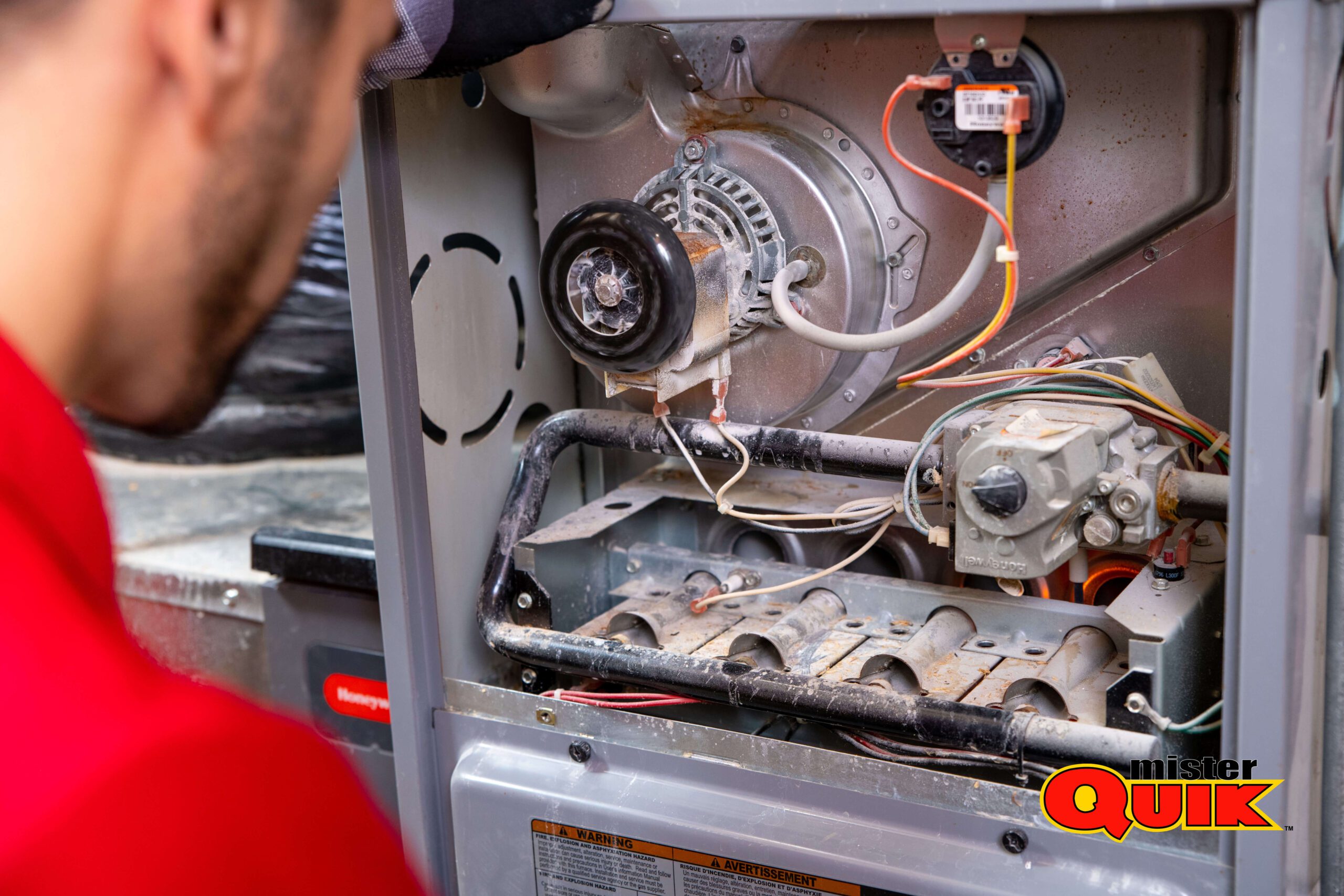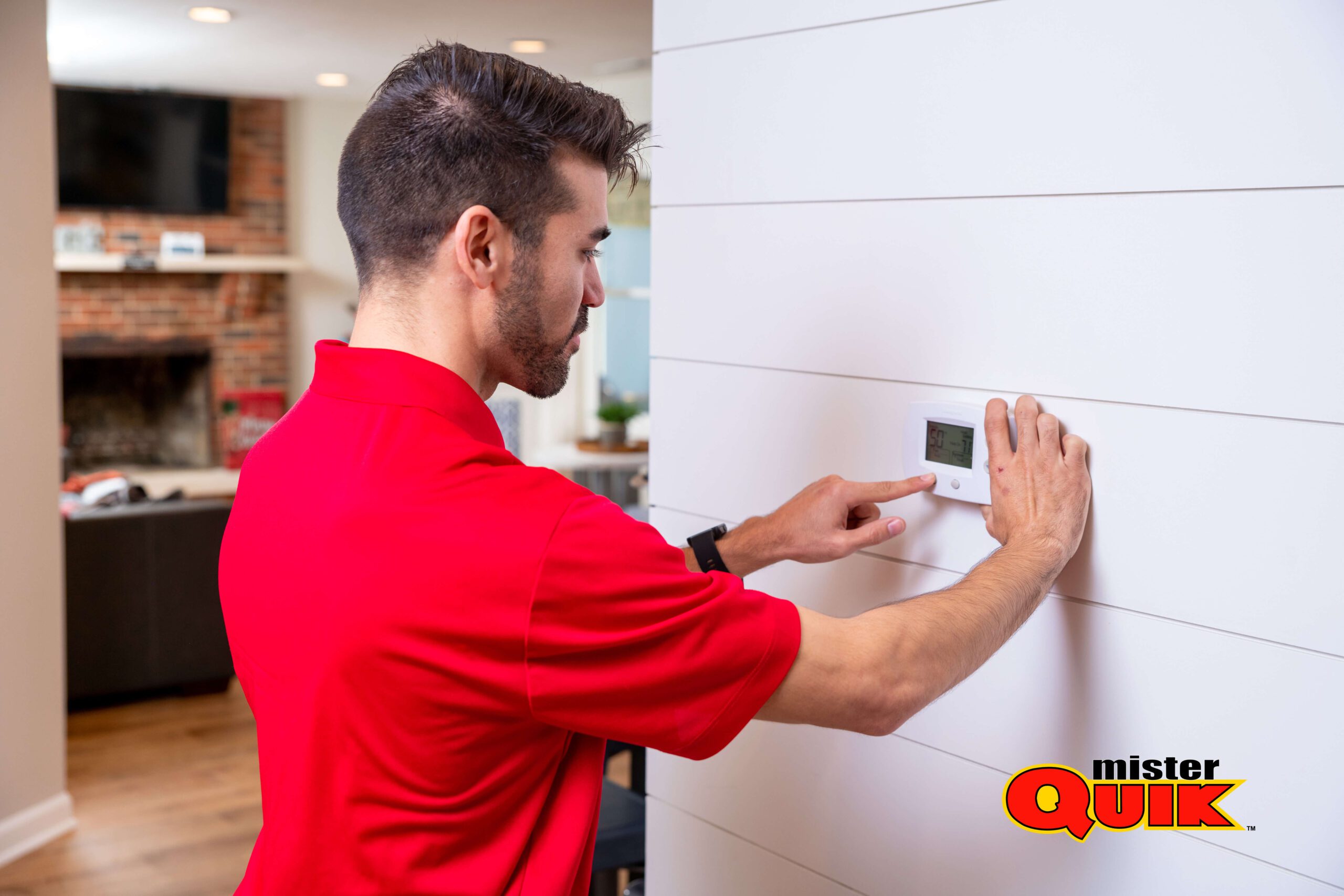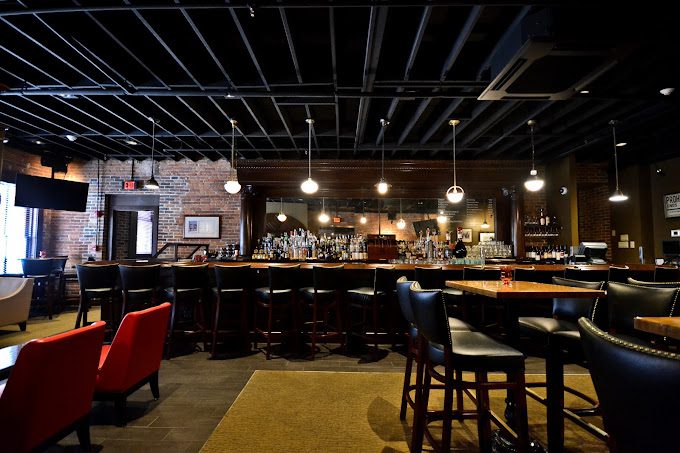Indianapolis Heating Repair
Schedule on your own without making a call. Click the button below to get started!

Indianapolis Heating Emergency
In the midst of an Indianapolis winter, a functional heating system is not just a matter of comfort but also a necessity for maintaining a safe and livable environment. Understanding what qualifies as heating emergency is crucial, especially for those who may not have prior experience dealing with such situations. This guide aims to shed light on the key indicators of an heating emergency, offering valuable insights into when to seek immediate assistance to get Indianapolis Heating Repair ensuring the well-being of both occupants and property.
Identifying If You Need Indianapolis Heating Repair:
- Complete System Failure: If your heating system ceases to function entirely, leaving your home without any heat, it constitutes an Indianapolis heating emergency.
- Strange Odors or Sounds: Unusual smells, such as burning or gas odors, and unusual sounds like banging or hissing could indicate a potentially hazardous situation, requiring prompt attention.
- No Hot Water: For homes with a water heater tied to the heating system, a lack of hot water may signal an Indianapolis heating emergency.
- Drastic Temperature Fluctuations: If your home experiences extreme temperature changes despite consistent thermostat settings, it may indicate a malfunction in the heating system.
Steps to Take For Indianapolis Heating Repair:
- Turn Off the System: In case of unusual smells, sounds, or a complete system failure, immediately turn off your heating system to prevent further damage or hazards.
- Evacuate the Premises: If you detect a strong gas odor or suspect a carbon monoxide leak, evacuate your home immediately, ensuring everyone’s safety.
- Contact Emergency Services: For gas-related emergencies, call the local gas company. In other cases, contact a licensed HVAC professional to assess and address the issue promptly.
Preventing Indianapolis Heating Emergencies:
- Regular Maintenance: Schedule routine maintenance for your heating system to identify and address potential issues before they escalate into an Indianapolis heating emergency.
- Install Carbon Monoxide Detectors: Place carbon monoxide detectors throughout your home, particularly in areas near heating appliances, to detect leaks early.
- Keep Vents Clear: Ensure that vents and ducts are unblocked to maintain proper airflow, preventing system strain and potential malfunctions.
In the harsh winter, being well-informed about heating emergency is paramount for safeguarding both property and occupants. Recognizing signs such as system failures, strange odors, or temperature fluctuations is crucial for taking swift action. Remember, in the face of an Indianapolis heating emergency, prioritize safety by turning off the system, evacuating if necessary, and promptly contacting the appropriate professionals. Proactive measures, including regular maintenance and the installation of detectors, play a key role in preventing such emergencies, ensuring a warm and secure living environment for residents.f
4 Things You Should Know About Indianapolis Heating Repair
In the midst of winter, understanding the essentials of emergency heat is crucial, especially for residents in cities like Indianapolis. Unexpected heating emergencies can pose serious challenges, and being well-prepared can make a significant difference in ensuring safety and comfort. Whether it’s a furnace malfunction or a power outage during extreme weather, here are 4 essential things you should know about emergency heat to navigate such situations with confidence.
Identify alternative heat sources such as electric space heaters, gas-powered heaters, or wood-burning stoves. Ensure these sources are in good working condition and have proper ventilation.
Stock up on emergency heating supplies, including extra blankets, sleeping bags, and thermal clothing. Keep a supply of portable fuel sources like propane or kerosene, if applicable and safely stored.
Seal any drafts around windows and doors to minimize heat loss. Use heavy curtains or blankets to cover windows at night and retain warmth.
If relying on an emergency generator, ensure it is well-maintained and has sufficient fuel. Understand the proper usage of generators to prevent carbon monoxide poisoning.
“EM heat” stands for emergency heat and it’s a setting on your thermostat that controls your home’s backup heating system. If you have this setting, you probably have a heat pump and a secondary heating source, like gas, oil, electric, or hot-water so you don’t run into an Indianapolis heating emergency.
If you have an all-electric heat pump, then the answer is a definite yes! It is much more expensive to run your heat pump on Emergency Heat. And as the name implies, should only be run in an emergency until your heat pump can be repaired to avoid an Indianapolis heating emergency.
So, to sum up everything that we just covered, emergency heat is not supposed to run the way that your regular heat setting does—and it is especially not meant to run all day and night during the long, frosty winter months, this may result in an Indianapolis heating emergency.
Signs That You Need Indianapolis Heating Repair
Living in Indianapolis, where winters can be harsh, it’s crucial to be vigilant about your home’s heating system. Recognizing the signs that indicate the need for emergency heat services can save you from potential discomfort and inconvenience. Whether you’re a homeowner or a renter, being aware of these indicators can help you take prompt action and ensure the well-being of your family during the colder months.


If you notice strange noises like banging, clanking, or hissing coming from your heating system, it could be a sign of a malfunction. Similarly, unusual odors such as burning or gas smells should not be ignored.
Uneven heating throughout your home or a sudden drop in temperature despite a functioning system could indicate a problem. If some rooms are warm while others remain cold, it’s time to consider emergency heat services.
Check the pilot light on your furnace. If it’s frequently going out or burning an unusual color, it could be a sign of a malfunction that requires immediate attention.
If your heating system completely stops working, especially during extreme cold spells, it’s an obvious indication that you need emergency heat services. Attempting to troubleshoot complex issues without professional help may lead to further damage.
When To Call For An Indianapolis Heating Repair
Living in Indianapolis, where winters can be harsh, it’s crucial to ensure your furnace is in top-notch condition to keep your home warm and comfortable. Recognizing the signs of a potential Indianapolis heating emergency is vital to prevent major breakdowns and ensure your heating system operates efficiently. In this guide, we will outline key indicators that suggest it’s time to call for furnace repair services in Indianapolis, providing you with the knowledge needed to address an Indianapolis heating emergency promptly.


Unusual Noises: If your furnace starts making strange noises such as banging, clanging, or whistling, it could indicate mechanical issues that require professional attention.
Inconsistent Heating: Uneven heating or cold spots throughout your home may point to a malfunctioning furnace, thermostat issues, or blocked vents.
Increased Energy Bills: A sudden spike in your energy bills without a corresponding increase in usage may signify an inefficient furnace, prompting the need for repairs.
Frequent Cycling On and Off: If your furnace is constantly cycling on and off, it could be a sign of a malfunctioning thermostat, a clogged filter, or other issues that demand immediate attention.


Complete Loss of Heat: If your furnace fails to produce any heat, especially during the winter months, it qualifies as an emergency situation requiring immediate furnace repair services.
Gas Smells: The smell of gas near your furnace is a serious concern. Evacuate your home immediately, do not use any electrical devices, and call for emergency furnace repair services and your gas company.
Indianapolis Heating Emergency System Repair
Living in Indianapolis, where temperatures can plummet during the winter, a reliable heating system is crucial for comfort and well-being. If you find yourself facing an Indianapolis heating emergency, it’s essential to know the types of heating system repair services available in the city and where to locate them promptly. This guide will provide you with comprehensive information to navigate through potential heating issues efficiently.
Types of Heating System Repair Services:
- Furnace Repairs: Experienced technicians in Indianapolis specialize in diagnosing and fixing issues with your furnace, ensuring it operates at peak efficiency.
- Boiler Services: If you have a boiler system, professionals can address leaks, pressure problems, or inefficiencies to maintain optimal heating performance.
- Heat Pump Repairs: Technicians skilled in heat pump systems can troubleshoot and resolve issues related to both heating and cooling functions.
- Ductwork Inspections: Ensuring your ductwork is in top condition is vital for efficient heating. Professionals can identify and repair any leaks or blockages in the duct system.
Where to Find Heating System Repair Services:
- Local HVAC Companies: Numerous reputable heating, ventilation, and air conditioning (HVAC) companies in Indianapolis offer emergency repair services.
- Online Directories: Utilize online directories to find certified heating system repair professionals in your area, complete with reviews and ratings to aid in your decision-making.
- Recommendations: Seek recommendations from friends, family, or neighbors who have faced similar heating issues, ensuring you choose a reliable and trustworthy service.
- Check Manufacturer Recommendations: If your heating system is under warranty, consult the manufacturer’s recommendations for authorized repair services to maintain warranty coverage.
In Indianapolis, where winter temperatures can be unforgiving, having a reliable heating system is non-negotiable. Knowing the types of heating system repair services available, such as furnace repairs, boiler services, and heat pump repairs, empowers you to address issues promptly. Utilize local HVAC companies, online directories, and recommendations to find skilled professionals who can efficiently resolve any heating emergencies, ensuring your home stays warm and comfortable throughout the coldest months.
Benefits Of Indianapolis Heating Maintenance
Ensuring the proper maintenance of your heating system in Indianapolis is not only a proactive approach but also a key element in guaranteeing the comfort and efficiency of your home. As a resident of this city, where winters can be particularly harsh, investing in routine heating maintenance can bring a multitude of benefits, both immediate and long-term. In this guide, we will explore the advantages of Indianapolis heating maintenance, shedding light on why this preventive measure is essential for your peace of mind and the longevity of your heating system.
Advantages of Proper Heating Maintenance in Indianapolis:
Regular heating maintenance ensures that your system operates at peak efficiency. This leads to lower energy consumption and reduced utility bills, contributing to long-term cost savings.
Proper maintenance helps identify and address potential issues before they escalate. This proactive approach can significantly extend the life expectancy of your heating system, saving you from premature replacements.
Routine maintenance includes cleaning and inspecting your system's components. This helps prevent the buildup of dust, debris, and mold, promoting healthier indoor air quality for you and your family.
Regular inspections and adjustments by professionals minimize the risk of sudden breakdowns. This proactive measure ensures that your heating system operates reliably, especially during the colder months.
Maintenance tasks such as lubrication and calibration optimize your system's performance. This results in more consistent heating throughout your home, avoiding uneven temperatures and discomfort.
In conclusion, prioritizing Indianapolis heating maintenance is a strategic investment that pays off in numerous ways. From energy efficiency and extended system lifespan to improved indoor air quality and reduced risks of breakdowns, routine maintenance is a cornerstone of responsible homeownership. By partnering with professionals to conduct regular inspections and adjustments, you not only safeguard your comfort but also ensure that your heating system operates seamlessly, even during the coldest winters Indianapolis has to offer. Don’t wait for an emergency to address your heating needs; take the proactive step towards maintenance for a more reliable and efficient home heating experience.
- No Heat: If your heating system completely fails, turn it off immediately to prevent further damage.
- Temperature Fluctuations: Address extreme temperature changes by checking for malfunctions in the heating system.
- Burning or Gas Odors: Evacuate if a strong gas odor is detected, and contact the local gas company.
- Unusual Sounds: Turn off the heating system if strange sounds like banging or hissing are present.
- Water Heater Tied to Heating System: Recognize a lack of hot water as a potential heating emergency.
- Prompt Action: Seek professional assistance to address the issue promptly.
- Consistent Thermostat Settings: Investigate malfunctions if the home experiences extreme temperature changes.
- Heating System Inspection: Contact a licensed HVAC professional for a thorough assessment.
- Regular Maintenance: Schedule routine heating system maintenance to address potential issues proactively.
- Carbon Monoxide Detectors: Install detectors, especially near heating appliances, to detect leaks early.









